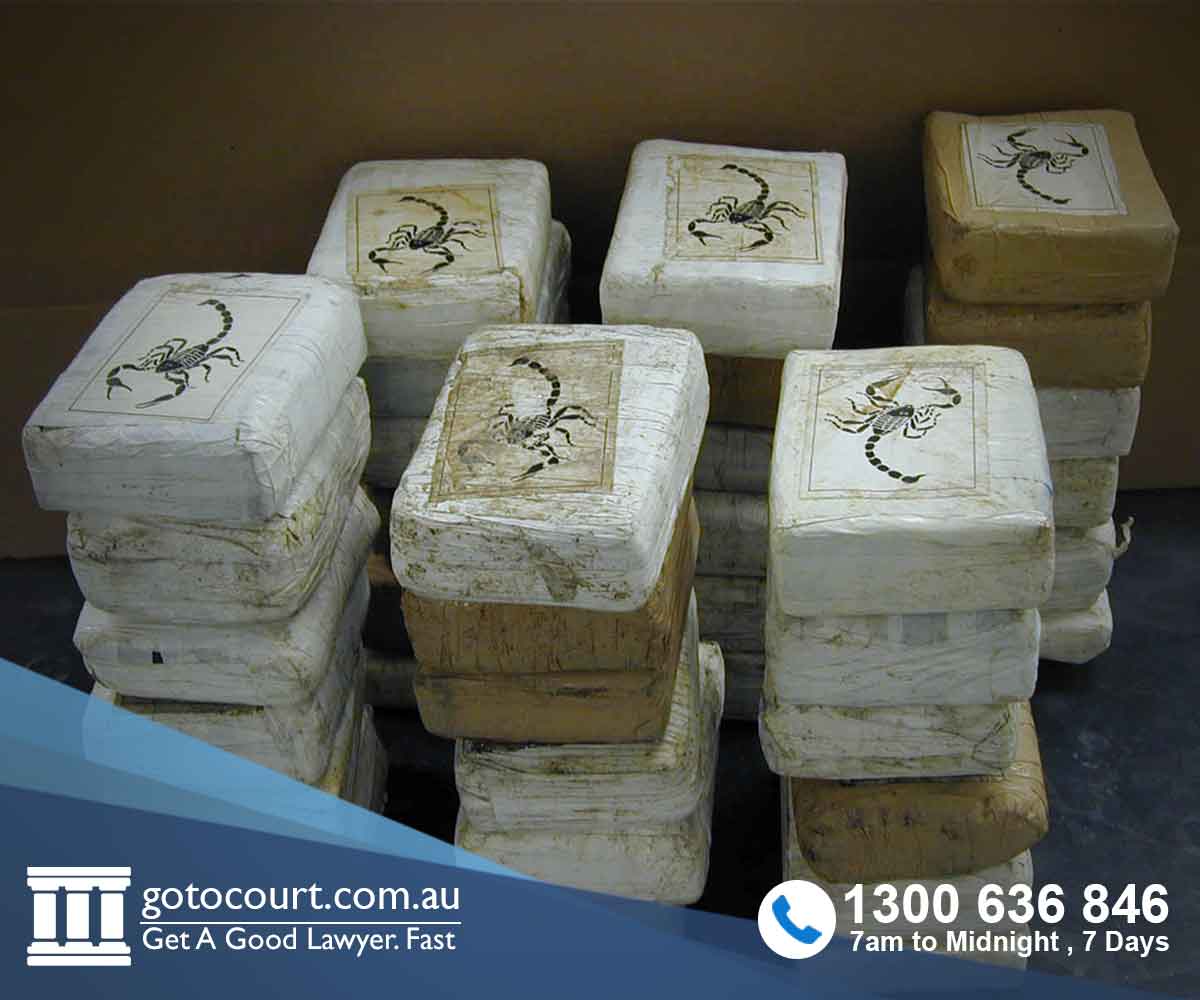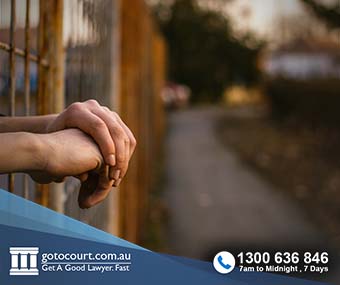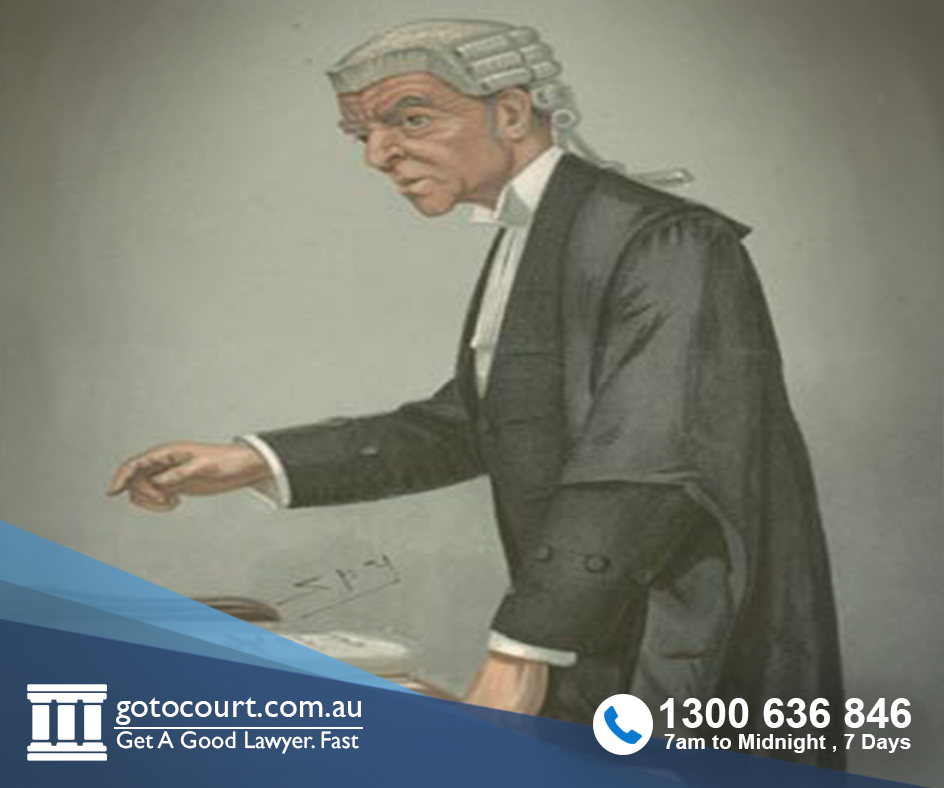Procedural Fairness During Sentencing
Procedural Fairness During Sentencing
Courts have an obligation at law to accord procedural fairness to any person who is being sentenced before a court. This obligation exists to ensure fairness and transparency in the sentencing process.
Procedural Fairness
Procedural fairness essentially imposes two fundamental rules.
- Proceedings must take place in open court where both parties are allowed the opportunity to be heard; and
- There must be reasons given for decisions.
Open justice
The reason for proceedings taking place in open court was discussed in the decision of Pearce v The Queen (1998), where it was explained: “the criminal law must be administered publicly in such a fashion that its activities can be understood by ordinary citizens and regarded by them as conforming with the community’s generally accepted standards of what is fair and just.”
Right to reasons
In addition to open justice, the court must give reasons for its decisions. This obligation is often explained as a fundamental principle of the common law. Justice must not only be done but must be seen to be done.
The court must give the reasons for its decisions in oral form, and there must be contemporaneity between the passing of sentence and the expression of reasons. Reasons may also be given in written form, where appropriate. This may occur where the reasoning behind the decision is complex or has implications for future court decisions.
Denial of procedural fairness
Whether there has been a denial of procedural fairness is a substantive question which must be determined by reference to the circumstances. The question is not whether the applicant feels disappointed because the process he anticipated would be followed was not followed. Rather the question is whether there has been actual unfairness. This issue was discussed in the decisions of Re Minister for Immigration & Multicultural and Indigenous Affairs; Ex parte Lam (2003) at [34] per Gleeson CJ, who stated:
“if a decision-maker informs a person affected that he or she will hear further argument upon a certain point, and then delivers a decision without doing so, it may be easy to demonstrate that unfairness is involved. But what must be demonstrated is unfairness, not merely departure from a representation. Not every departure from a stated intention necessarily involves unfairness, even if it defeats an expectation. In some contexts, the existence of a legitimate expectation may enliven an obligation to extend procedural fairness. In a context such as the present, where there is already an obligation to extend procedural fairness, the creation of an expectation may bear upon the practical content of that obligation. But it does not supplant the obligation. The ultimate question remains whether there has been unfairness; not whether an expectation has been disappointed.”
The typical situation where unfairness arises is where the defendant is not allowed to make submissions to the court prior to sentencing. A proper opportunity to be heard needs to take place before a decision is made – something that cannot be displaced. The court should afford both parties the opportunity of addressing the court and mounting arguments. While the court can hold a preliminary view about the appropriate sentence, judgment cannot be handed down until the parties have been heard.
A less common situation that can arise is where the court gives an indication on sentence and then hands down a sentence that does not reflect that indication. If the defendant elects not to provide submissions because of the indication that was given, procedural unfairness results. A judgement given in these circumstances would be appealable.
Summary
The obligation to accord procedural fairness during sentencing is essential to maintaining the fairness of the sentencing process. A failure to adhere to these fundamental rules is often the basis for an appeal.

Affordable Lawyers
Our Go To Court Lawyers will assist you in all areas of law. We specialise in providing legal advice urgently – at the time when you need it most. If you need a lawyer right now, today, we can help you – no matter where you are in Australia.How It Works




1. You speak directly to a lawyer
When you call the Go To Court Legal Hotline, you will be connected directly to a lawyer, every time.

2. Get your legal situation assessed
We determine the best way forward in your legal matter, free of charge. If you want to go ahead and book a face-to-face appointment, we will connect you with a specialist in your local area.

3. We arrange everything as needed
If you want to go ahead and book a fact-to-face appointment, we will connect you with a specialist in your local area no matter where you are and even at very short notice.






















